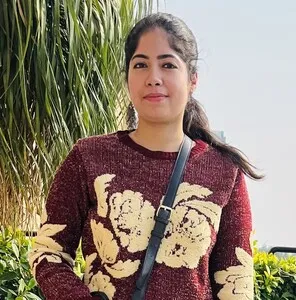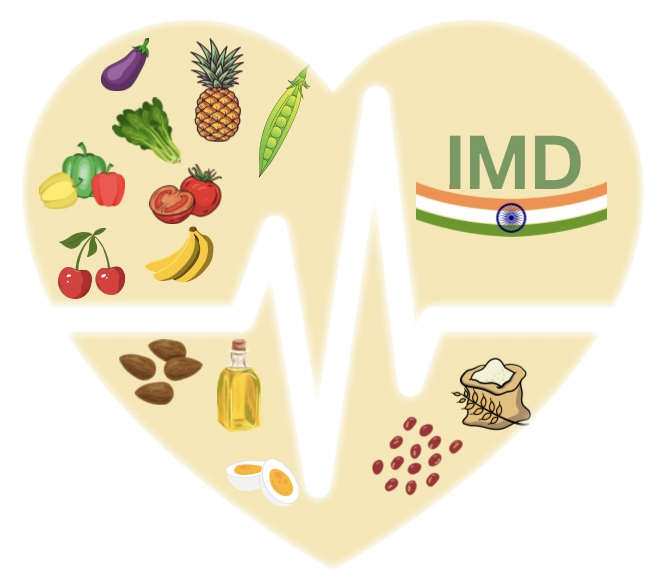
I'm Sabiha Khan working as a Research Scientist in the Department of Cardiology, AIIMS, New Delhi. I received my master's degree in nutrition from Lady Irwin College at the University of Delhi. I formerly worked as a clinical nutritionist and researcher at prestigious institutions such as Indraprastha Apollo Hospitals and the Institute of Liver and Biliary Sciences in New Delhi. I believe that effective nutrition intervention strategies are crucial for addressing a variety of disorders and personalised nutrition can mitigate numerous bodily disturbances.
While studying anti-inflammatory diets, we can determine a few that are widely acknowledged for their heart-protective benefits. For example, the ability of the Mediterranean diet to protect cardiovascular health has been thoroughly studied throughout the years.
Hence, as a nutritionist, I strongly encourage a mediterranean pattern of eating because of its great anti-inflammatory potential. It emphasises a high intake of fruits and vegetables, whole grains, and healthy fats derived primarily from olive oil, nuts and seeds. These components are high in antioxidants and omega-3 fatty acids, which are known to lower inflammation and oxidative stress, both of which play important roles in the pathogenesis of CAD. By incorporating these nutrients into an Indian setting, we can reap the anti-inflammatory and cardiovascular advantages of the Mediterranean diet. The well-known health benefits of the Mediterranean diet are in line with traditional Indian dietary preferences and can be especially helpful in treating CAD.
Also, the importance of exploring and implementing effective communication strategies to foster behaviour change is essential for better compliance.
